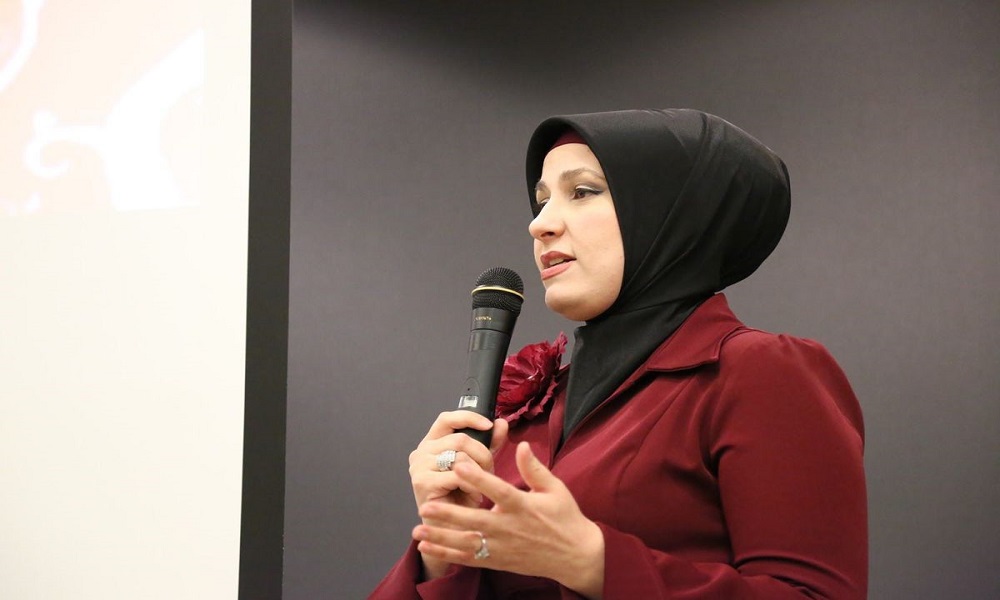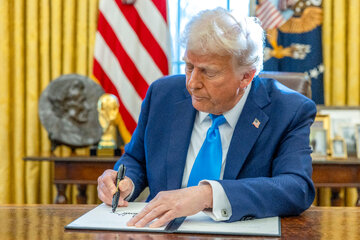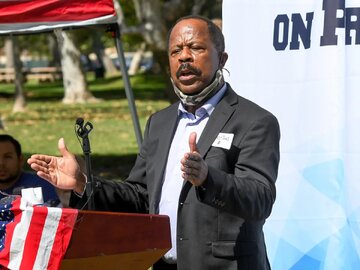A Muslim professor in Arabic language and culture at the University of Nebraska-Lincoln (UNL), who has her doctorate in the philosophy of language, asked her audience during a speech on Monday night what first comes to mind when they think of a Muslim woman.
Dr. Abla Hasan though did not ask the audience to share these thoughts, she answered with common stereotypes Muslim women often receive, such as oppression, hijab and polygamy.
Hasan was brought by student congress and the multicultural support services to speak to Doane students on the topic of Muslim women.
In her speech, Hasan addressed issues commonly raised about Muslim women from a textual basis based on the Qur’an. These topics were Muslim women as authority figures, polygamy in Islam, minors and marriage, and gender based divided rules.
Hasan portrayed in her PowerPoint how a misogynistic understanding of the Qur’an shapes much of what is perpetuated in the media and on Google, but is not true to what she believes is in the actual Qur'an.
Senior Jordyn Jackson, a mentor for helping minority students as a part of the multicultural support services, said Hasan came to Doane as part of the Doane Is Love annual celebration. The idea behind this week long event is to “break down every stereotype,” according to the flyer for Doane Is Love.
Senior Jordyn Atwater, student congress secretary and organizer and liaison for speakers, said that coming from a small community, for her, Hasan opened her mind to a different culture and religion.
Student congress and multicultural support services bring speakers such as Hasan to Doane so that all students have the opportunity to experience these differences, Atwater said.
With elections coming up and the complicated way Muslims are stereotyped, Hasan said she was happy that Doane organized an event such as this to inform students.
She said that what she hoped students got the most out of her speech was that students will go and search for themselves on pressing issues.
“I hope students will rethink the way we just stereotype others or the answers we get from the media or we get from Google, because those answers are easy answers but not necessarily accurate answers,” Hasan said.
/257
17 March 2016 - 13:45
News ID: 741666

A Muslim professor in Arabic language and culture at the University of Nebraska-Lincoln (UNL), who has her doctorate in the philosophy of language, asked her audience during a speech on Monday night what first comes to mind when they think of a Muslim woman.




